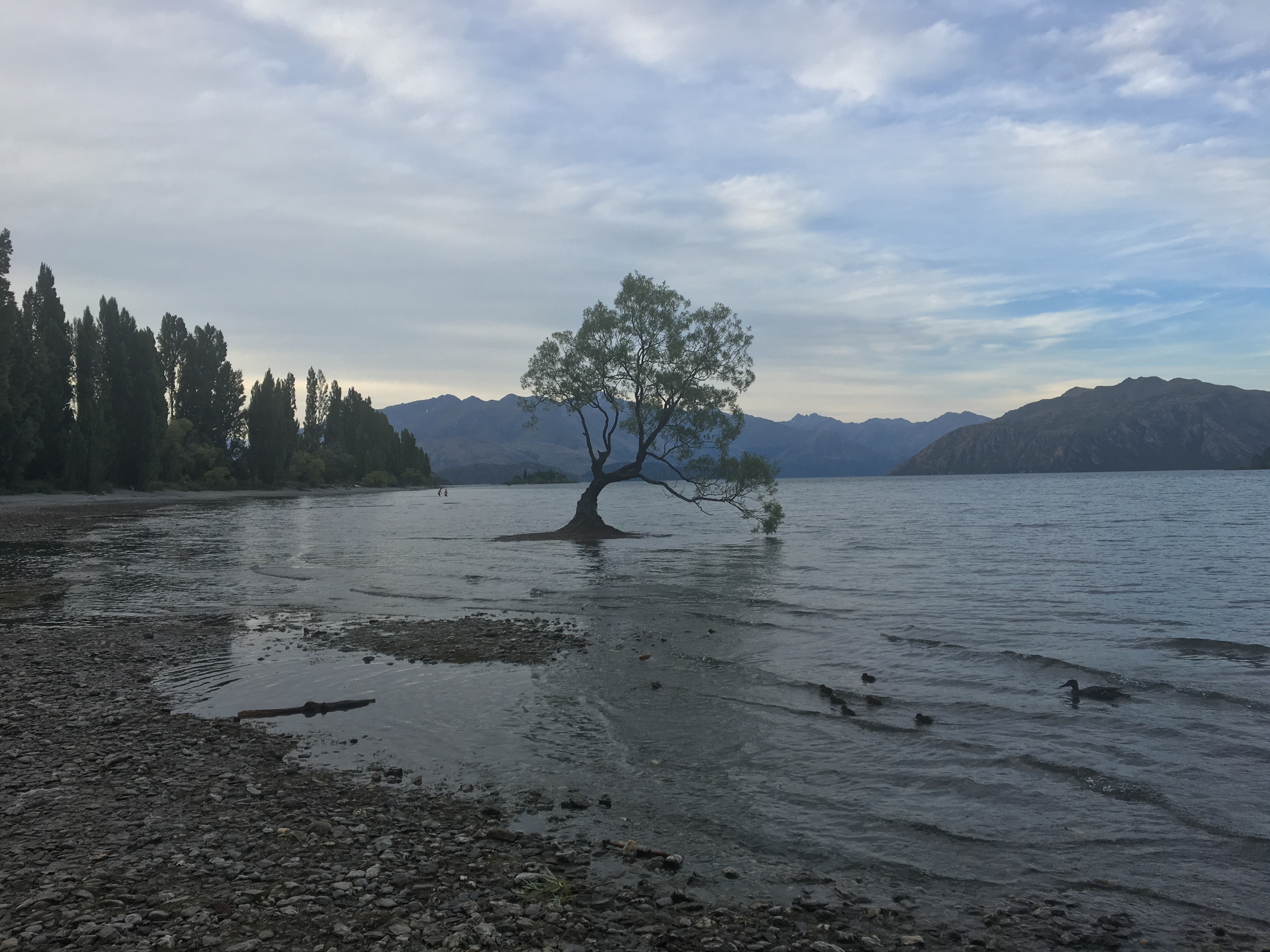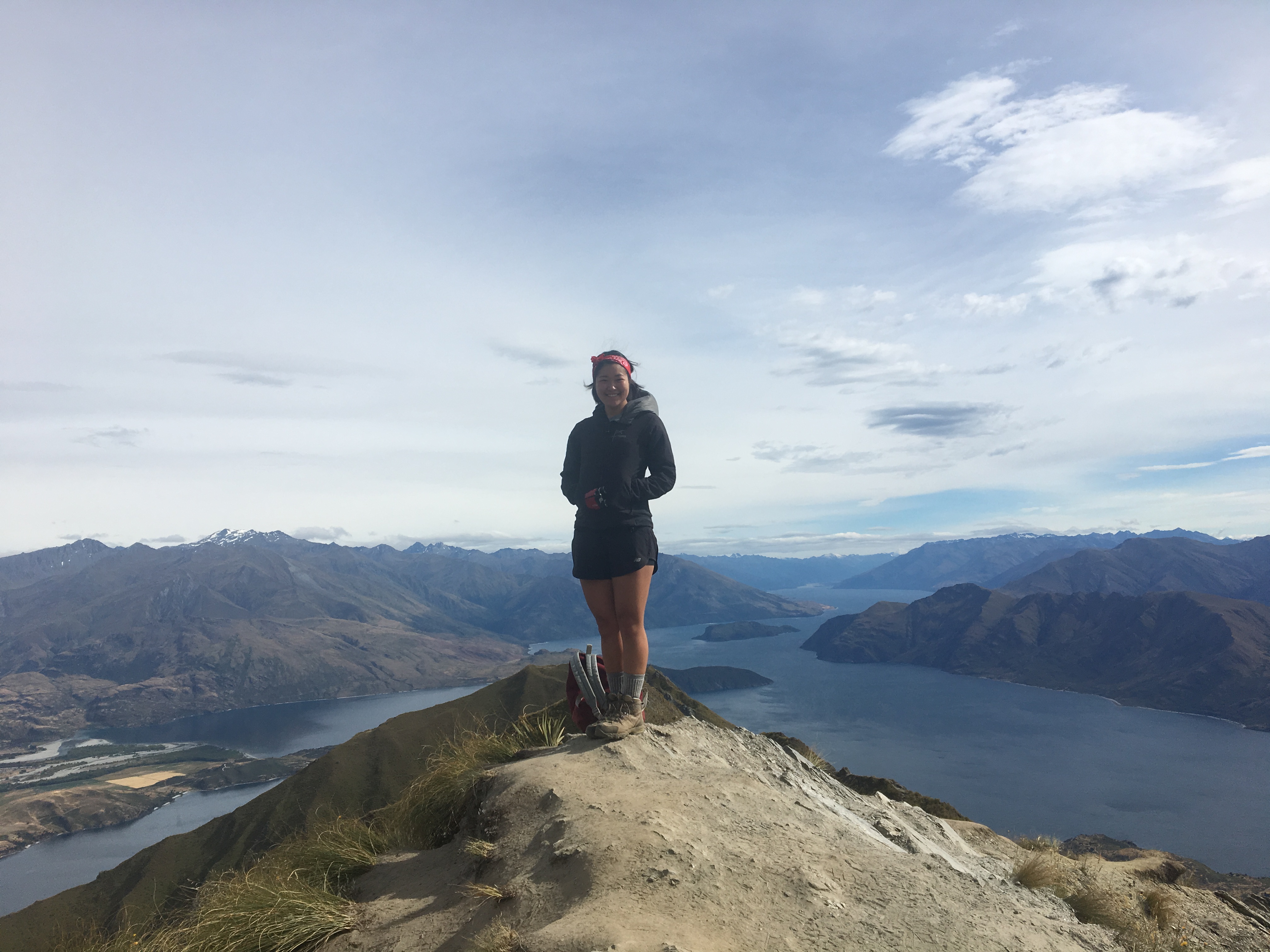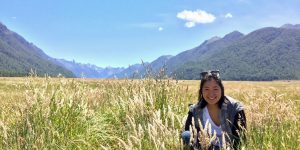GIS or Geographic Information Science is an application led technology with the ability to bring multiple layers of data together to visually present patterns or correlations. Truth be told, until taking this course, GIS was something I barely even knew of and even avoided engaging with (as I'm not a very tech-savvy person). However, four months later, I look back at my old-self and realize how much GIS has helped me grow in ways I never knew a computer-led software could.

I'm a firm believer that we come to university not just for the fancy and incredibly expensive piece of paper called a degree, but to learn how to learn and learn how to think. Up to this point, my engagement with academia has equipped me with lots of theoretical skills such as academic reading and critical thinking. However, working with GIS has enabled me to add something complementary - unique and relevant technical skills.
As a millennial, I feel the pressure of increasing job insecurity in the future. Growing up, a job was what we were told the fancy piece of paper would give us. The thing is, the value of this piece of paper increasingly becomes questioned as artificial intelligence and the rise of education (both of which aren't necessarily bad things), seem to make a Bachelor's degree not good enough. You could ask any Arts student what skills their university education got them and we would all chime in and say the same thing: academic writing, critical thinking, etc etc.. But now I have something that other Arts students don't - a knowledge-base of GIS software - and this fills me with pride.
My relationship with GIS hasn't always been rosy, however. It took me weeks to understand how to save things correctly, making me lose all my work or unable to find them on multiple occasions. There were times I wanted to cry. I felt like I was at a disadvantage because computers and I have never gotten along (besides Google), especially when nowadays it seems like everyone around me holds hands with their mouse everyday. I often felt like I needed my TA for every step, while not fully understanding what was going on. But learning GIS requires careful reading of instructions (and multiple times at that), organization, and to understand that it's okay to ask for help.
Once I started to get the hang of things, GIS blew my mind. GIS technologies allows for a wide range of applications, helping to identify problems, monitor change, understand trends, perform forecasting and set priorities, as well as manage and respond to events. I learned how critical GIS is to decision-making and problem mitigation. I often feel scared about climate change and the hazards it will bring, but understanding GIS gives me a little bit of consolance as I know that there are rational and sophisticated ways to investigating these changes and alleviating the impacts.
GIS furthered my education by teaching me a new way to think: a more systematic and logical approach to understanding scenarios and solving problems. It taught me to ask a question and organize my thoughts in a way that sets me up to solving problems efficiently and effectively. It taught me to not just rely on other's data, but to look at it, question it, and fix it in a way that is more suitable for your own purpose and application.
At the same time, GIS is also forgiving. It allows you to see that there is no such thing as a perfect analysis or study as there will always be an element of error and uncertainty. It also shows you that there is more than just one way of achieving something and it doesn't matter so much how you got there, as long as your analysis is robust and reliable. Even if you're not doing something right, GIS still gives you an element of satisfaction by answering your commands and changing the visual picture that you've been creating. It's so rewarding to see your map transform, adding new layers and embedding different colours, just with a click of a button. It's also liberating to be able to share information beyond words, into the world of visual art. GIS and map making has also made me realize how limiting writing can be as a knowledge-sharing platform and how it can often be exclusionary, perpetuating colonial rhetoric of who can access information and have power over that information.
Personal growth is something that motivates me and I often feel that this happens from new experiences and knowledge. GIS has given me both and has propelled me into unfamiliar technological territories. But now as my time with my introductory course to Geographic Information Science comes to a close, I've come to realize that GIS has helped me grow in ways I never knew a computer-led software could.

